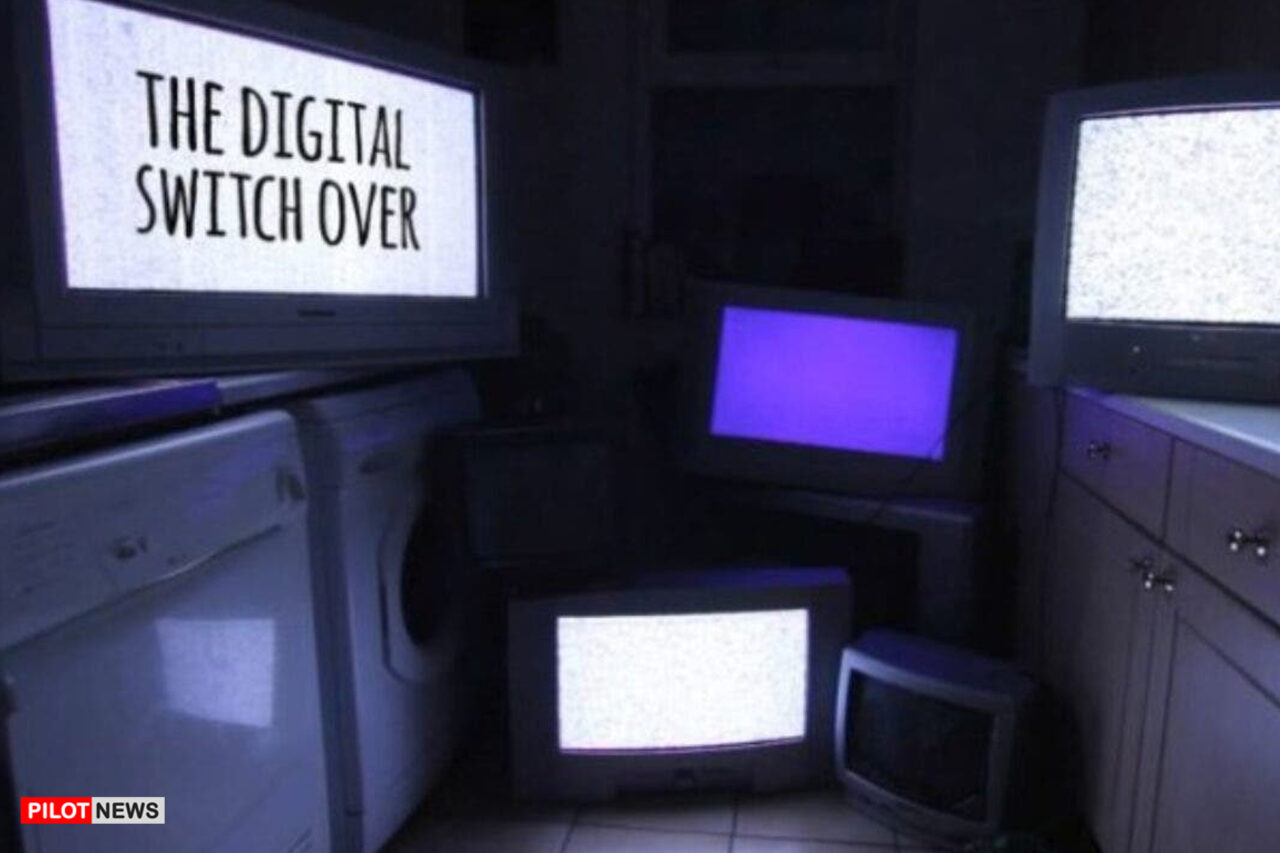The Minister of Information and Culture, Alhaji Lai Mohammed, has announced that the second phase roll-out of the Digital Switch Over (DSO) would begin on April 29 in Lagos state.
The minister disclosed in Abuja, on Tuesday, at an interactive session with the Senate Committee on Information and National Orientation and the 13-Member Ministerial Task Force on the DSO project.
The minister said: “We are kickstarting the new roll out in Lagos State on April 29, while Kano on June 3, Rivers on July 8. We will then follow up with Yobe on July 15 and Gombe on Aug 12.
“To date, we have rolled out the DSO in five states and Abuja”.
He added that the DSO had gone live in the Federal Capital Territory, Kwara, Kaduna Enugu, and Osun states.
Mohammed said the ministry considered the DSO as one of its priority projects, given its potential to create jobs, bring governance closer to the people, through better access to information, and provide quality programming to Nigeria’s estimated 24 million television households, with high fidelity pictures and sound.
“Without mincing words, let me say straight away that for us, the DSO is about stimulating local content and empowering platform owners,” he said.
He said the manufacturing of Set-Top Boxes or decoders alone, was capable of creating 50,000 jobs, while television production could create an additional 200,000 jobs.
“Film production can generate 350 to 400,000 jobs, distribution, which entails supplying the market with Set-Top Boxes, TVs and dongles for the Internet; will require at least 100,000 wholesalers.
“Advertising can create a further 50,000 jobs,” the minister said.
He said the ministry had taken some steps to create the enabling environment for the DSO to succeed, for local content to thrive, for indigenous producers to be more engaged and for the local advertising market to grow.
Mohammed also revealed that the federal government had carried out an unprecedented reform of the broadcasting industry, given the nexus between the reforms and the success of the DSO.
“The amendments were necessitated by the need to boost the local content in Nigeria, curb anti-competitive and monopolistic tendencies and boost advertising revenues.
“We have amended the code to curb monopoly and exclusivity of programme content to create room for the industry to grow.


